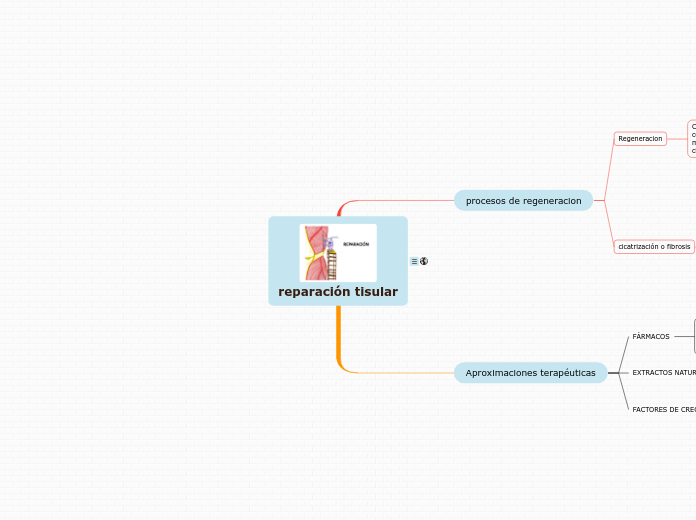によって viviana daza 4年前.
567
reparación tisular
La reparación tisular es un proceso complejo que incluye la limpieza de restos necróticos, la infiltración y proliferación celular, y la maduración de sustancias extracelulares que forman cicatrices.

によって viviana daza 4年前.
567

もっと見る
Julieth Daniela Reyes Torres
ID: 100083705
Edgar Santiago Montánchez Escobar
ID 100078388
Laura Viviana Daza Lopez
ID : 100085960
Erika Alejandra Cortez Gutierrez
ID : 100078415

To name your story, you have to think about the overall message and what you want your audience to understand from the story. Also, make it relevant and easy to remember.
In the beginning of the story (or the exposition), you will need to introduce the setting and characters. You might also want to introduce the main conflict. This part of the story is important because it gives the reader necessary background information and maybe even a first insight into a character’s personality.
The setting (time & place) of a story can change throughout the plot.
The weather is an important element in your story because it can highly influence the ambiance and the mood of the characters.
tipos de cicatrizacion
Decide if you want to include an element of nature in your story. For example, a rainbow can be a very nice choice for a happy ending. The mist in a story can represent mystery and secrets. A thunder can appear in the background at the moment when the 'bad guy' of the story makes its appearance, etc.
fase final
En esta fase se forma una escara y se produce el remodelamiento del tejido de granulación, con la generación de nuevas fibras de colágeno y la diferenciación de los fibroblastos en miofibroblastos
fase inflamatoria tardía
En esta fase de neovascularización y dependiente de factores regulatorios como: el Factor de Crecimiento Endotelial Vascular (VEGF)
fase aguda
Esta fase ocurre durante las primeras 12-24 horas después de haber sido cerrada la herida,fase proliferativa de células epidermales, endoteliales y de fibroblastos, que generarán un tejido de granulación inicial.
Characters are essential to a good story. Usually, the protagonist(s) is/are the most affected by the plot. Introduce a character by focusing on their actions, interests, and occupation, as the physical appearance doesn't make a difference in most cases.
Type in the name of your character.
tipos de regeneracion
Choose the type of your chacter:
Regeneración patológica: ante proceso patológico remplazo del tejido del parénquima solo por tejido fibroso
Regeneración compensatoria: ocurre ante enfermedad o proceso quirúrgico (tejido del parénquima y fibroso).
Regeneración fisiológica: constante reparación imperceptible del tejido.